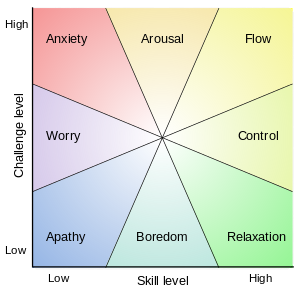As I was going through some discussion forums tonight on gamification / augmented reality, I found myself daydreaming a bit and imagining the possibilities of AR tech in both my job as a technician and in my future as a teacher. At the shop I work at now each technician has a computer at their bench. All the work orders are electronic and we have access to repair manuals and the whole shop and front office is set up on a chat program. I’m picturing in my mind all that being done on a pair of smart glasses.
When it comes to the classroom, I imagine having a 3D image of an engine hovering in the center of the class. As I’m explaining all the different parts and their functions I can zoom in and pull it apart.
Maybe I’ve watched iron man too many times but I eagerly look forward to the day when it’s not just my imagination.


